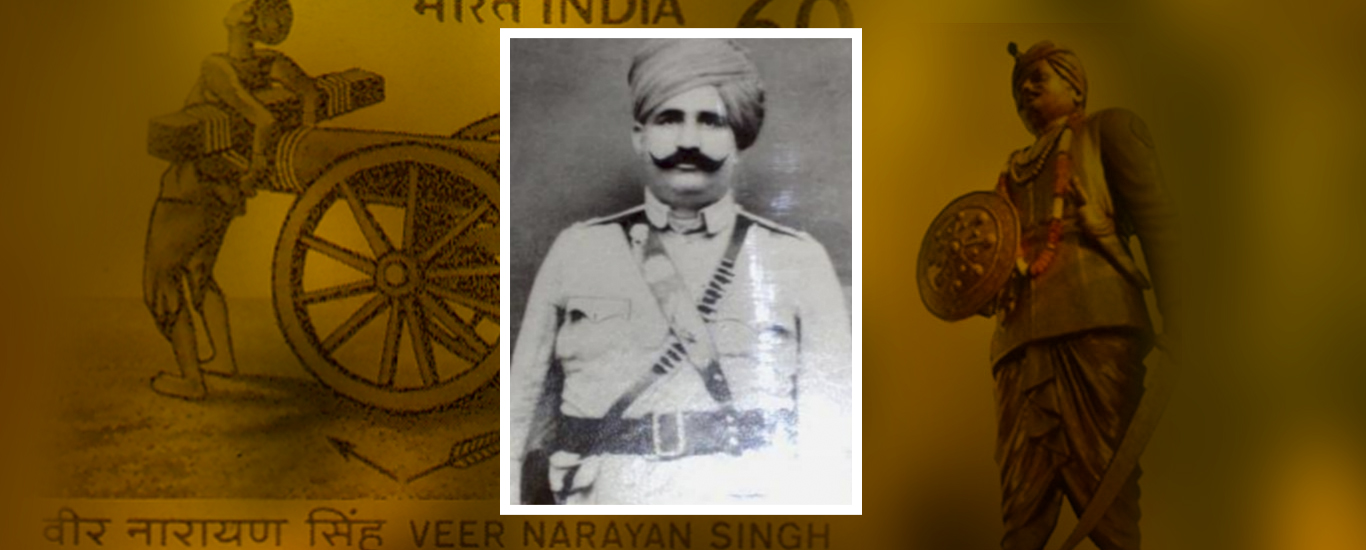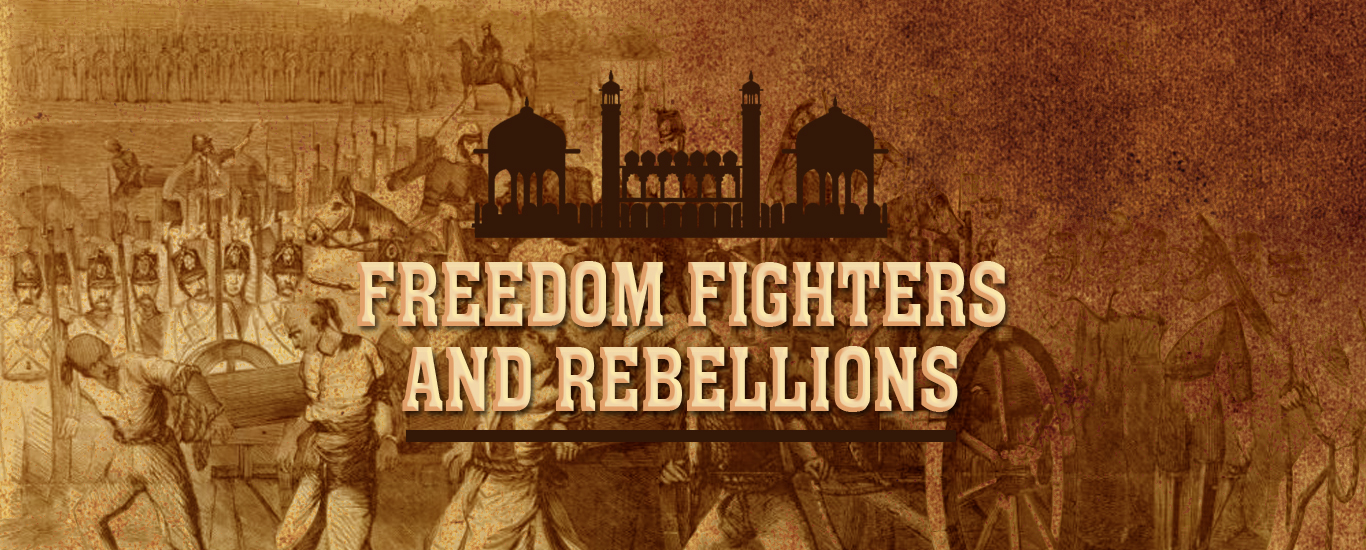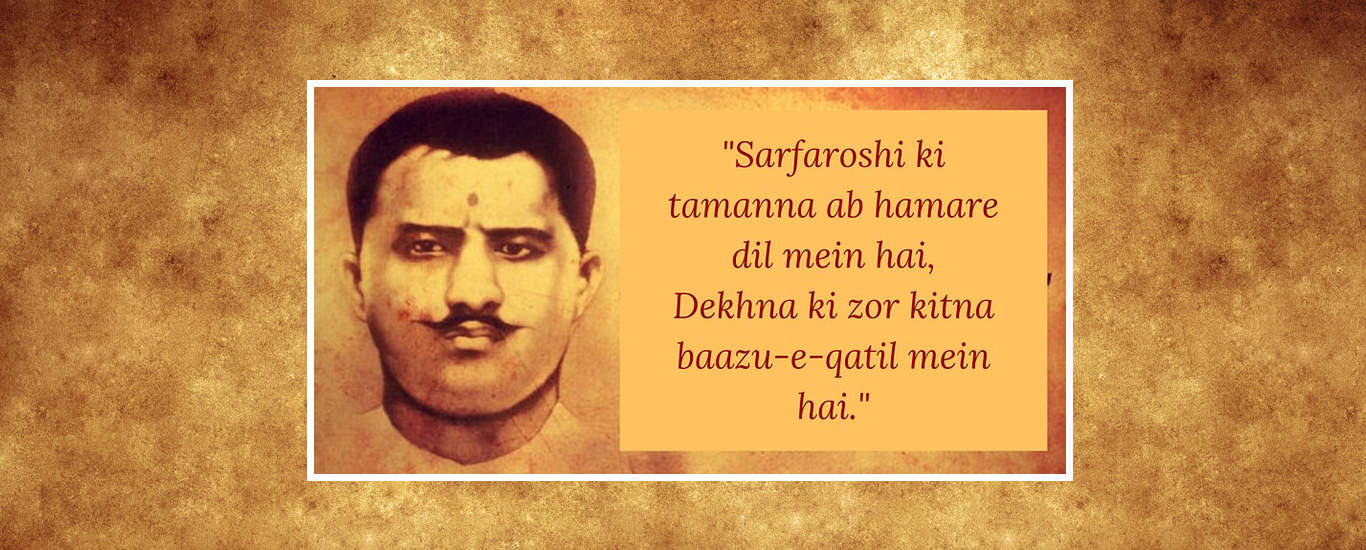The Story of Sri Aurobindo – Freedom fighter, Revolutionary, and Maharshi.
Aurobindo was a revolutionary freedom fighter, spiritual leader, and monk. He was a supporter of Bal Gangadhar Tilak. He Founded Aurobindo Ashram and wrote many books on philosophy, spirituality, Veda, and India.
Early Life
Aurobindo Ghosh was born in 1872 on the 15th of August in Kolkata. He was a famous political leader also known as a spiritual leader and was associated with Indian National Congress for a small amount of time. He got married to Mrinalini Devi. He died on the 5th of December 1950 at Puducherry at Sri Aurobindo Ashram.
At the age of 5 for when he had been admitted into an English Convent School at Darjeeling. When he turned 7 years of age, he was taken to England. His parents were Dr Krishna Dhan Ghosh and Swarnalatha. His father Krishna Dhan Ghosh was actually an assistant surgeon in the Rangpur area of Bengal. He was such a big fan of British culture that he also wanted his children to learn English.
He wanted his children to learn British culture to get exposed to Christianity. He was an ardent fan of the British. Sri Aurobindo’s parents made him study at Manchester London and Cambridge. He signed everywhere as a brilliant student. But when it came to pass in the ICS he deliberately absented himself from the writing test and got himself disqualified. But enticing was the call from Mother India. Like all the Mothers who were beautiful and divine.
That evening of him leaving England the young boy who wrote “me from the Lotus heaven in Saraswati has called to regions of eternal snow and the Ganges pacing to the southern sea Ganges upon whose shores the flowers of Eden blow”
In 1983 he got a job with the Gaikwad royal family of Baroda. He became a Civil Servant to the Maharaja of the state of Baroda. He lived in England for almost 12 years so he knew many foreign languages, especially European languages. But due to his time being there for such a long time he was not actually much mingled with Indian culture. He did not know much about India. But when he resided 12 years in Baroda he learned Indian languages, Indian customs, culture, traditions, and ways of living. During this time he was in touch with some resistance and revolutionary groups of Bengal and Madhya Pradesh.
It was then that he realized that British rule was very pathetic for Indians. The Britishers were exploiting India for their own use and had struck him. By then his interest developed in politics and he gradually started moving towards politics. Secretly he was also contributing articles to a publication named Indu Prakash. He was of the belief that our country is in the clutches of a foreign rule and must be thrown out of the country.
After leaving Baroda he came to Calcutta in 1906. At that time the partition of Bengal had already been announced by Lord Curzon. Aurobindo supported the call against the partition of Bengal for Non-Cooperation, the Swadeshi movement.
He was associated in a nonviolent manner and secretly He was also organizing revolutionary activities. His participation in revolutionary activities has been slightly tasted by the environment and he got involved in a lot of things. He came in touch with revolutionaries like Surendranath Tagore. He was instrumental in the formation of many small youth Revolutionary clubs including Anushilan Samiti.
He attended the Indian National Congress session of 1906 which was headed by Dadabhai naoroji. At the point in time, one of the topics was brimming, that is the moderate versus extremist debate. In this moderate v/s extremists debate, Aurobindo was on the side of extremists, He was supporting Bal Gangadhar Tilak.
He straightforwardly said that here are our fourfold objectives: Swaraj, Swadesh, Boycott, National education. At that point in time, they were asking for either complete Independence or give us dominant status. But during the time the complete Independence concept was not there. But they wanted the British rule to go outside India. Aurobindo Ghosh started publishing a daily newspaper named Vande Mataram at that point of time in 1907. This was when the Congress split took place where moderate and extremists got separated.
After the split, Aurobindo went to many different places. He traveled extensively across Pune, Baroda, Bombay and educated people, inspiring them to the nationalist struggle. He wants to join them in the national movement.
But in 1908 he got arrested in connection to the Alipur bomb case and was released after 1 year of solitary confinement in the Alipur bomb case. After getting released from Prison in 1909, he started 2 publications, first is Karmayogin in English which is almost related to yoga, and Dharma in Bengali, which is also related to spirituality and the religious types of matters.
His Sudden Deviation to Spiritualism
When he was inside the Alipur jail he actually got a feeling that his destiny was not toward the Indian freedom struggle but his destiny was something towards mythical, towards spiritual, or maybe towards religious matters. He wanted to lead a normal mystical and philosophical life. He wanted to do his spiritual awakening and that’s why in April 1910 he secretly moved to Puducherry. At that time Puducherry was a French Colony and it was under the control of the French. He started a new life. He left the freedom struggle and became a yogic and a monk. He started having spiritual learning and practiced yoga in seclusion, which is also known as integral yoga.
He was of the view that, if an individual has to be transformed into a divine entity with divine thoughts from a human being then spiritual practices are the best way to do it. It was also said that when he was in confinement in the Alipur jail, he had many illusions. He said that he always hears the voice of Swami Vivekananda and always told him that he should go towards spiritualism.
After he had settled in Pondicherry he was completely dedicated to philosophical dealings and spiritual subjects. His connection from outer life was gone, especially the connection from the Indian freedom struggle was totally gone and Britishers stopped chasing him.
Gained a Lot of Followers
While doing these activities he got a huge number of followers. His literature, his sayings, and his teachings had brought interest to a lot of people. Finally, in 1926, Sri Aurobindo Ashram was opened. He prefixed ‘Sri’ in front of his name, which means sacred. He was being helped by a French woman whose name was Meera Richard. She was a French national and a spiritual collaborator who helped Aurobindo Ghosh to set up his ashram. When Aurobindo used to go in seclusion for his yoga, Meera used to take care of the Ashram. She was being referred to by the followers as ‘the mother’. She was being equally respected and venerated by the followers.
His Works and Achievements
He wrote a lot about many subjects, not just philosophy or spirituality. He wrote about Indian culture, Indian customs, Vedas, and societies. The books that he wrote were the foundation of Indian culture. A lot of people read his books even today. His books are not only famous in India but also in Europe.
He even wrote poetry. His liking for poetry developed when he was in England. One of his key works was ‘Savitri’, a poem with 24000 lines. It was a great piece of literature and was based on his spirituality. He was nominated for his Nobel Prize in Literature in 1943 and Nobel Prize for Peace in 1950.



